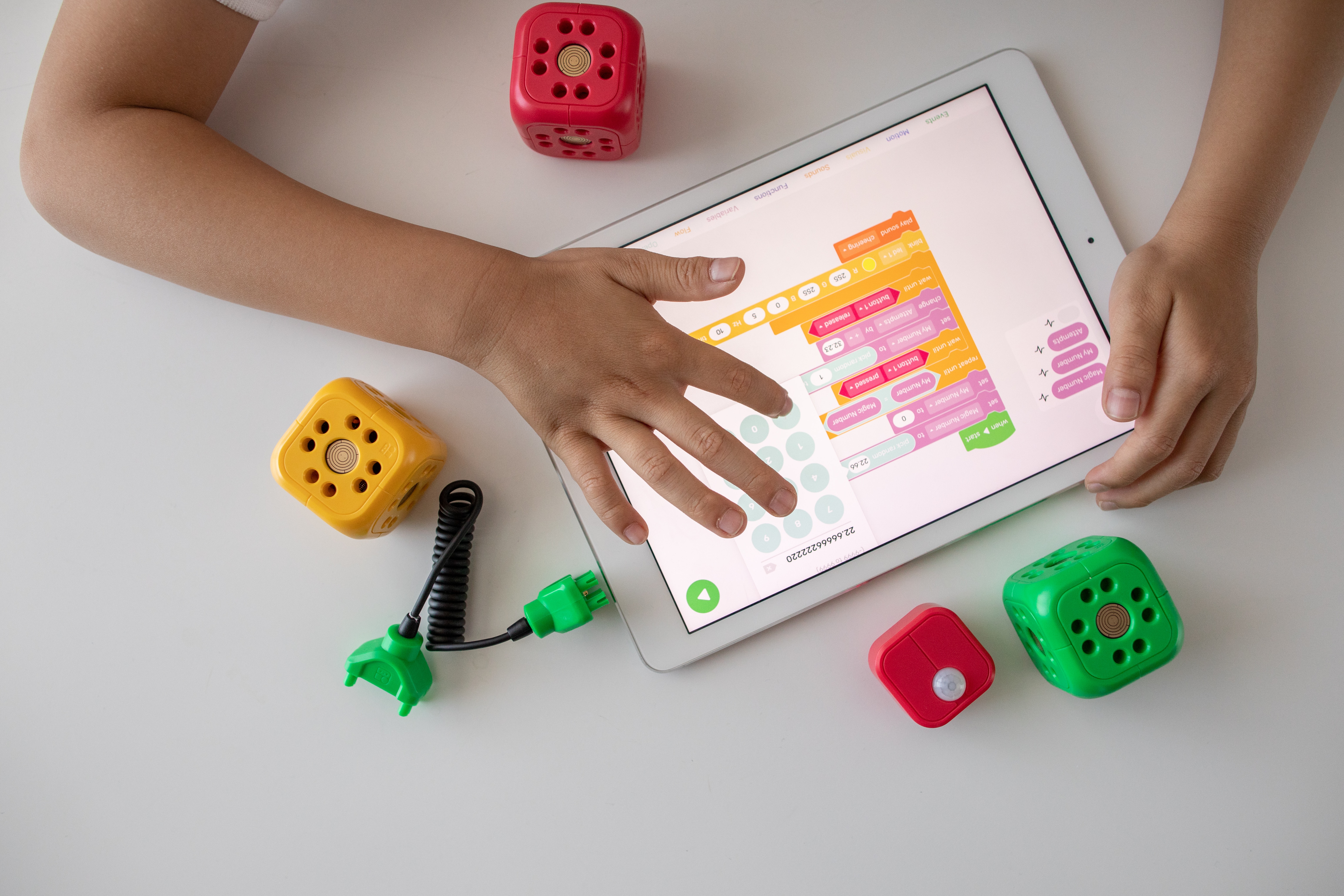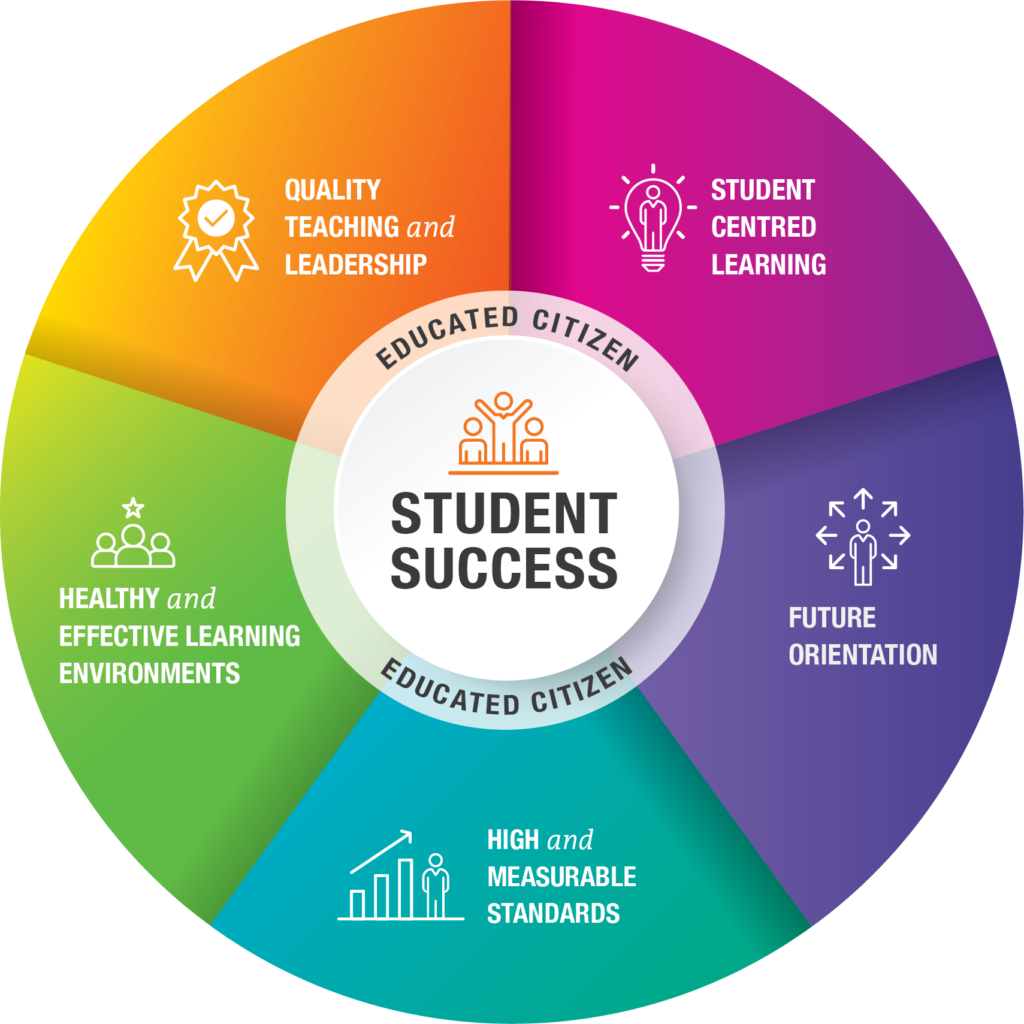Digital literacy matters for me as a learner and a teacher because our world is becoming increasingly more digitized, to the point where the 21st century thus far is being commonly described as a digital age (Buchholz, et al.). In such an age, citizenship, understood as a “complex interplay among democracy, community, and schooling” is severely limited, and perhaps not fully participatory. This is because rapidly evolving digital technology is continuously being integrated into community, and much of community making is now also occurring digitally. As such, democracy and schooling have also acquired digital aspects. For example, the prevalent use of the internet and computers has not only changed the nature of learning in schools, but it has changed the way students, faculty, and the government engage with one another, altering the democratic and educational processes of our society.
To contemplate this change from another point of view, the benefits afforded by digital technology has resulted in its incorporation and application worldwide, in a multitude of fields. Therefore, citizens who are not digitally competent may and do experience limited access, benefits, opportunities, experiences and relationships compared to educated digital citizens. It is important to note here, the qualifier educated, since “being a digital citizen calls for more than just technical skill” so, digital citizenship goes beyond digital literacy. Digital citizenship “also requires individuals to confront complex ideas about the enactment of identities and dialogue online as citizens who collectively work for equity and change” (Buchholz, et al., 12). Ultimately, this is the big reasons why digital literacy matters for me as an educator and a learner: digital literacy is necessary for good digital citizenship, which is an aspect of citizenship in Canada that is important for a healthy society and so, a healthy life.
As a learner, digital literacy matters because I want access to the benefits, opportunities, experiences, and relationships that are afforded with digital literacy when using digital technologies. Moreover, I want to maintain a relevant relationship and experience to the world, so that I can communicate and connect with others. This is especially important since creating connections with students is a fundamental key to unlocking a relationship, space and time for learning! As an educator, digital literacy also matters, because “children are viewed as both being impacted by society as well as an agent of impact on society” (Lauricella, 1). Thus, schools and educators are taking on the task of constructing and manoeuvring ways to “support children to become positive citizens in an increasingly digital participatory society” (Lauricella, 1).

Finally, as an educator and as a learner, I believe I should strive to model good citizenship for our students, and as previously stated, this means having good digital literacy! Buchholz describes digital literacy as “the ability to read, write, and interact on/across screens to engage with diverse online communities, with an orientation for social justice.” (Buchholz, et al., 12). For Wang, digital literacy is “a broader term that embraces technical, cognitive and social-emotional perspectives of learning with digital technologies, both online and offline” (Wang, 1066). Either way, it is a set of competencies that seem invaluable in the current world, and which scholars and educators project will enable successive citizens to adapt to whatever changing technologies and times they will engage with in the future.
In British Columbia, the Ministry of Education states on the government website that their “clear mandate [is] to enable every learner to maximize their potential” so that “B.C. has educated citizens who thrive in a changing world”. In this world, whether it will remain one that continues to incorporate digital technologies, it is a common view that “the more digitally literate the individual, the easier it is for him/her to adapt, that is switch to the ‘new literacies’ mode”.

Taking a closer look at the figure on the left, which represents B.C.’s Vision for student success, centered around the Educated citizen, digital technology can be worked into every one of the six principles of building student success, reinforcing the necessity for digital literacy in learners and educators.
Image from the BC government website
WORKS CITED
“British Columbia’s Policy for Student Success”. Government of British Columbia. https://www2.gov.bc.ca/gov/content/education-training/k-12/administration/program-management/vision-for-student-success. Accessed Nov. 8 2023.
Buchholz, Beth A., Jason Dehart, and Gary Moorman. “Digital Citizenship During a Global Pandemic: Moving Beyond Digital Literacy” Journal of Adolescents & Adult Literacy, 64 (1), 11-17. International Literacy Association, 2020. DOI: 10.1002/jaal.1076.
Lauricella, Alexis R., Jenna Herdzina and Michael Robb. “Early childhood educators’ teaching of digital citizenship competencies” Computers & Education, 158 (2020), 1-9. Elsevier Ltd., 2020. DOI: 10.1016/j.compedu.2020.103989.
Ng, Wang. “Can we teach digital natives digital literacy?” Computers & Education, 59 (3), 1065-1078. Elsevier Ltd., 2012. DOI:10.1016/j.compedu.2012.04.016.